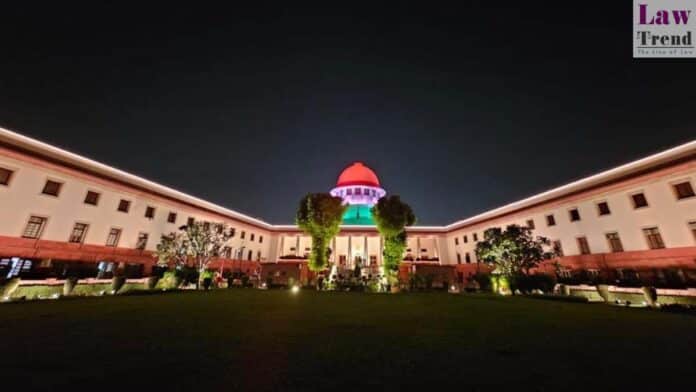The Supreme Court on Tuesday concluded a legal challenge by the Jharkhand government against a high court ruling that restricted the state’s power distribution company from discontinuing electricity supply during religious festivals. The apex court, led by Chief Justice Sanjiv Khanna and Justice Sanjay Kumar, acknowledged the state’s compliance with directives aimed at minimizing power cuts during key religious events, including the Ram Navami procession.
Senior Advocate Kapil Sibal, representing the Jharkhand Mukti Morcha-led state government, assured the court that measures had been implemented to limit power interruptions during the festival, particularly safeguarding continuous power supply to critical services like hospitals. He confirmed that the state would file a compliance affidavit to formally document these measures.
The contention began with the Jharkhand High Court’s order on April 3, which was initiated suo motu after incidents of power outages during the Sarhul festival in Ranchi raised concerns about public safety and the free exercise of religious practices. The High Court had prohibited Jharkhand Bijli Vitran Nigam Limited (JBVNL) and other relevant authorities from executing power cuts during such occasions, citing the potential risks to public safety.
Reacting swiftly, the state government approached the Supreme Court on April 4, which adjusted the High Court’s order by allowing JBVNL to implement strategic power cuts along the procession routes of Ram Navami to prevent electrocution incidents, a practice that has been customary for over two decades following a tragic accident in April 2000 that resulted in 28 fatalities.
The Supreme Court’s modification aimed to balance the need for public safety with the cultural importance of uninterrupted celebrations during Ram Navami, observed this year on April 6. The directive to the state was clear: minimize the duration of power cuts and confine them strictly to procession routes.
This resolution not only addresses the immediate concerns raised by the High Court but also sets a precedent for managing utility services during major public events.




